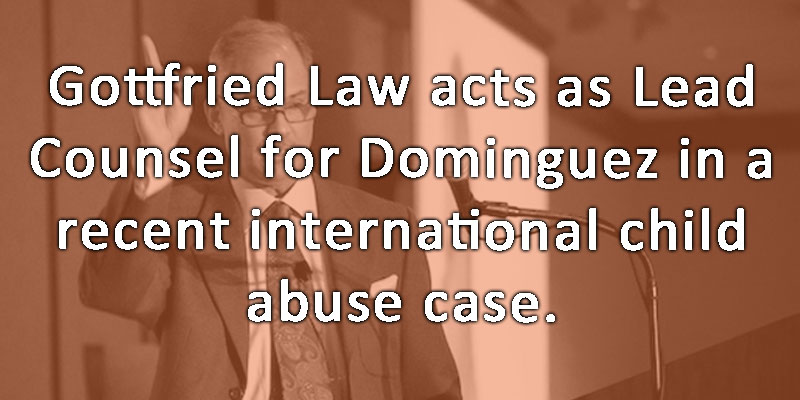In Reversing Sale, Trial Court Overstepped Its Authority
November 19, 2013Hague Convention and Equitable Tolling: A Matter for the Supreme Court
December 2, 2013The Fourth District Court of Appeals recently issued a very interesting decision regarding the standard that must be met in order for the Court to award companionship rights (visitation) to non-parents, which by definition includes persons such as grandparent and other family members. In the case of McClintock vs. Gould, Case No 12CA23 [PDF], (November 6, 2013) the Fourth District Court of Appeals affirmed the trial court’s award of visitation rights to the children’s paternal grandmother. In McClintock, the trial court designated the wife as the residential parent and did not award to the father any parenting rights since he was incarcerated and not scheduled for release from prison until 2018.
After the divorce was granted, the paternal grandmother filed a motion to be joined as a party to the divorce case. The Grandmother also filed a motion asking that the Court award to her companionship time with her grandchildren. The mother opposed the motion. The Guardian Ad Litem for the children recommended that the grandmother be granted companionship (visitation) time with the minor children. The trial court granted the motion of the paternal mother and awarded the Grandmother companionship (visitation) time with the grandchildren. The mother appealed the decision. In appealing the decision the mother argued that the grandmother had not filed her motion “timely” because the grandmother had filed her motion after the court had issued the divorce decree. The mother also argued that the Grandmother’s motion should be denied because R.C 3109.051(B) requires that in order for the court to modify a parenting decision that there has to be a change in circumstances regarding the children or the case since the time of the issuance of the divorce decree.
In affirming the trial court’s decision, the Court of Appeals for the Fourth District found that R.C 3109.051(B) is ambiguous because its language is susceptible to more than one reasonable interpretation. The Court of Appeals, in applying the rules of statutory interpretation, concluded that the “change of circumstances requirement” found in R.C 3109.05(B)(1) does not apply to a non-parent if a non-parent files a motion pursuant to R.C 3109.051(B) for visitation or companionship rights for the first time after a court issues a decree or final order in the divorce or other statutorily-enumerated proceedings.
The law on the subject of grandparents’ rights is ever-evolving. For example, R.C. 3109.051 is changing as of January 1, 2014 (see here.) If you are a grandparent who has questions about your rights, or if you are a parent who has concerns about grandparental rights, please do not hesitate to check our FAQs or Contact Us.





